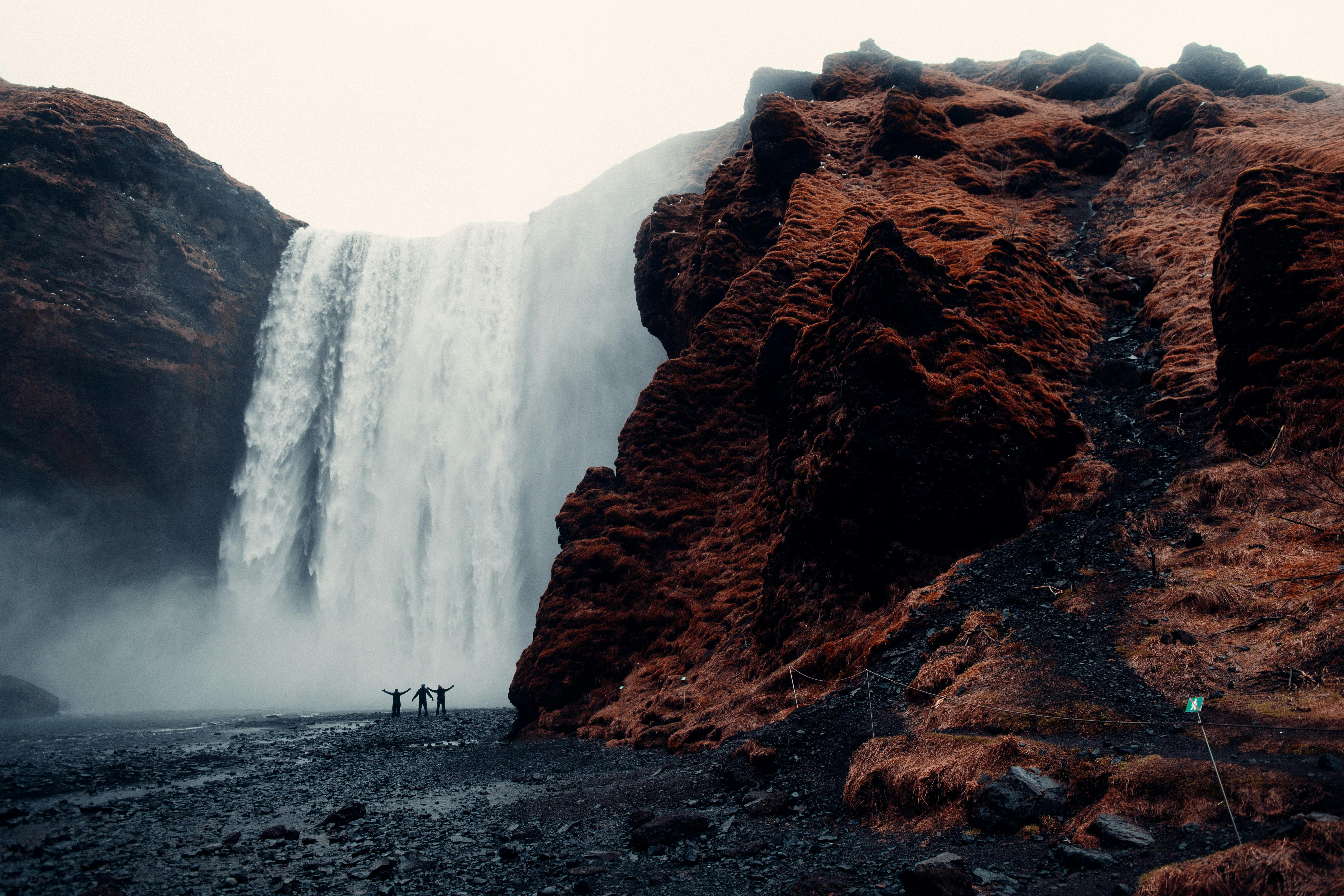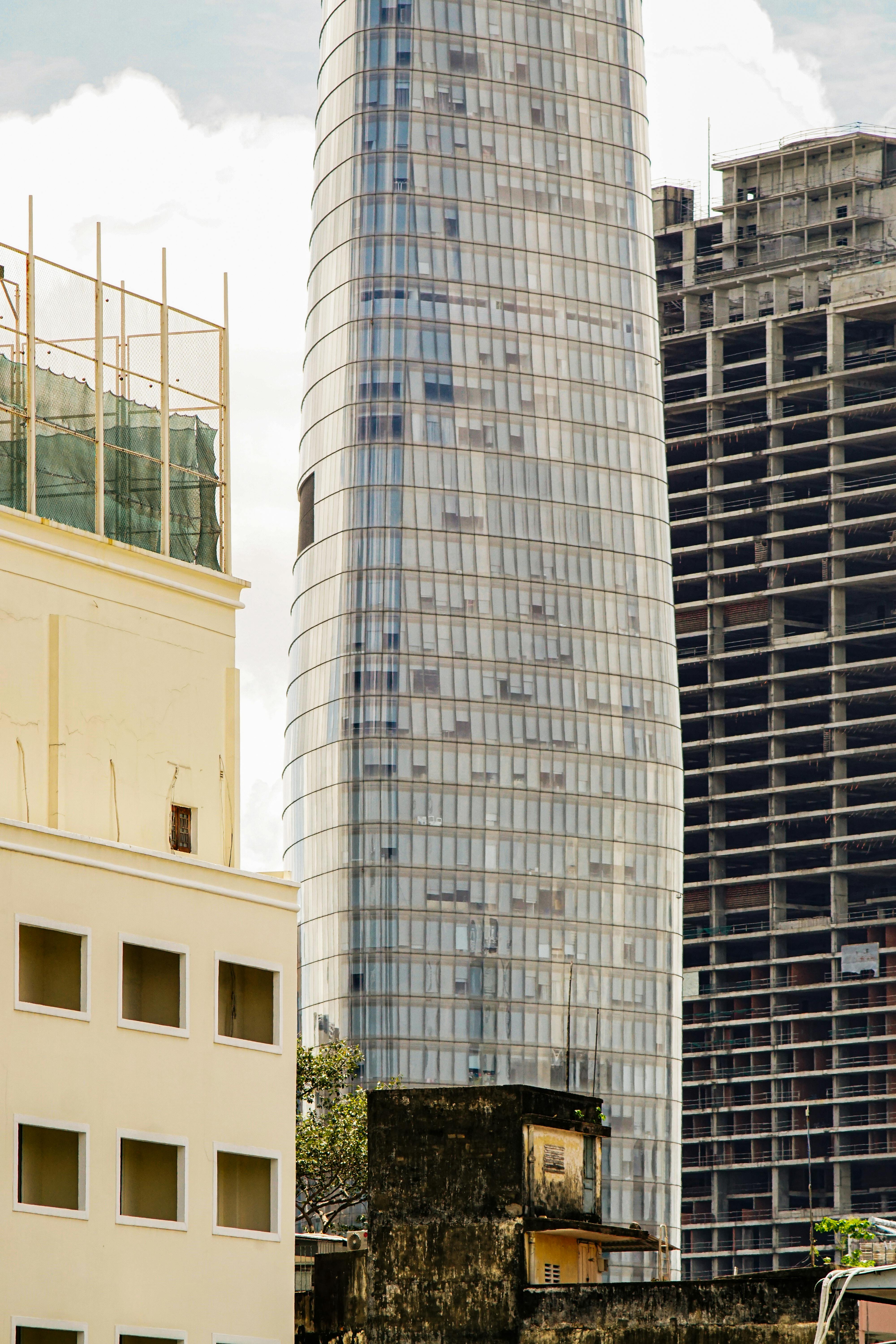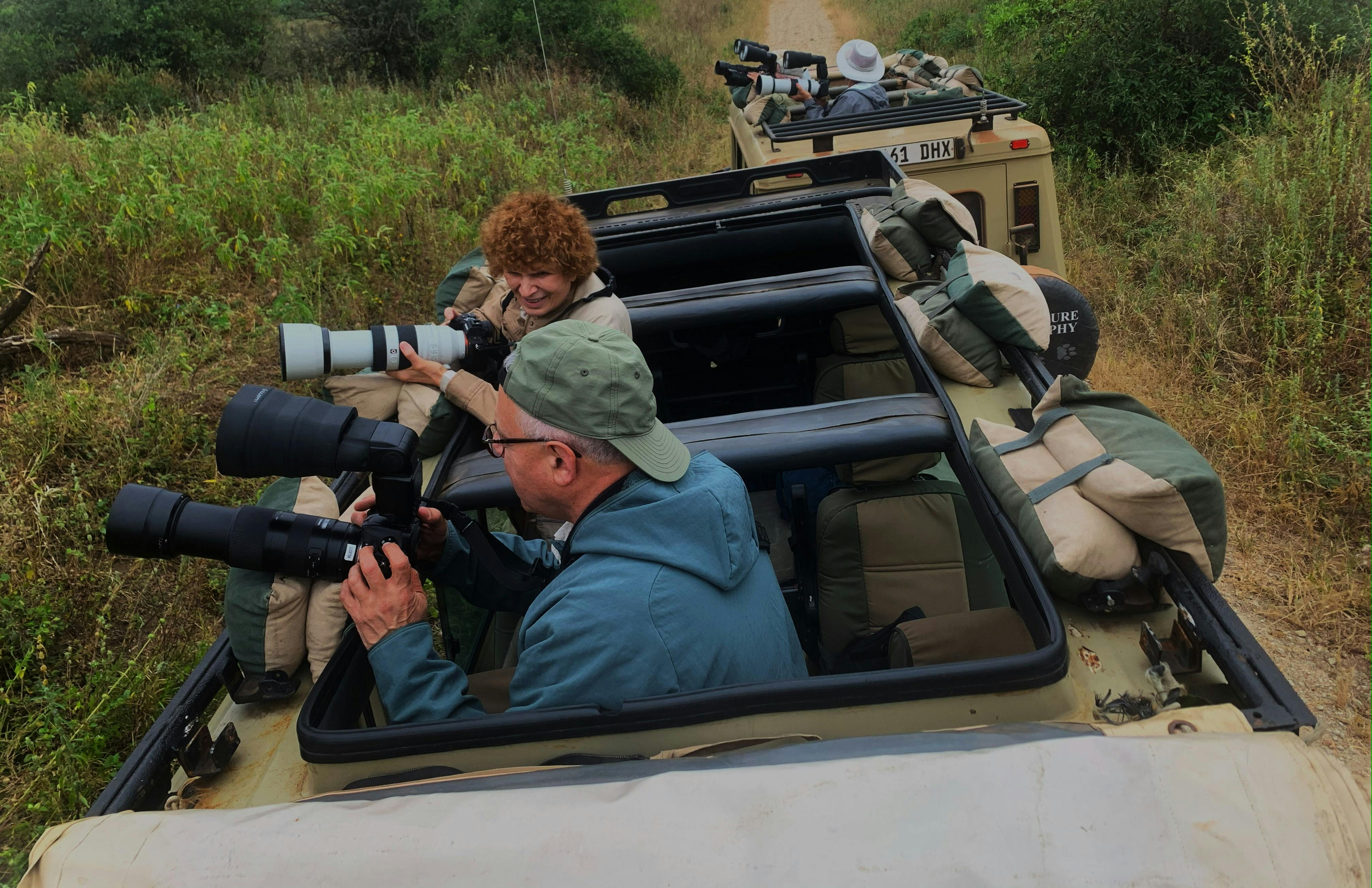Utah’s event rental laws and regulations play a crucial role in ensuring the smooth and compliant operation of events and gatherings within the state. As a business owner or event planner, it is essential to have a comprehensive understanding of these legalities to avoid any potential legal issues or penalties. This article aims to provide you with an in-depth understanding of Utah’s event rental laws and regulations, empowering you to make informed decisions and navigate the legal landscape with confidence. Discover key insights and expert advice that will help you remain compliant while successfully planning and executing events in Utah.
1. Overview of Event Rental Laws and Regulations in Utah
1.1 Importance of Understanding Event Rental Laws
As an event rental business in Utah, it is crucial to have a solid understanding of the laws and regulations that govern your industry. Complying with these laws not only ensures that you operate legally, but it also helps protect your reputation and the safety of your clients and guests. Failure to comply with event rental laws can lead to penalties, fines, litigation, and even the closure of your business. Therefore, taking the time to familiarize yourself with these laws is a wise investment in your company’s success.
1.2 Scope of Event Rental Laws in Utah
Utah has specific laws and regulations that govern the operation of event rental businesses. These laws cover various aspects, including licensing and permits, contracts and liability, zoning and land use, insurance requirements, safety and security measures, health and sanitation regulations, noise and nuisance restrictions, taxation, and intellectual property rights. It is essential to understand the scope of these laws to ensure compliance and mitigate any potential legal issues.
2. Licensing and Permits for Event Rentals
2.1 Understanding the Need for Licenses and Permits
Before you can operate an event rental business in Utah, it is necessary to obtain the appropriate licenses and permits. These licenses and permits serve as proof that your business meets the necessary requirements to offer event rental services to the public. Failure to obtain the required licenses and permits can result in legal repercussions, including fines, penalties, and even the shutdown of your business.
2.2 Types of Licenses Required for Event Rentals
In Utah, event rental businesses may need to obtain various licenses depending on the type of service they offer. Some of the common licenses include a business license, sales tax license, liquor license (if serving alcohol), and any additional permits required by the local municipality. It is essential to research the specific licenses and permits required in your area and ensure that you have obtained and maintain them throughout your operation.

3. Contracts and Liability in Event Rentals
3.1 Importance of Contracts in Event Rentals
Contracts play a vital role in the event rental industry as they establish the terms and conditions between the rental company and the client. These contracts outline the rights and responsibilities of both parties, including rental fees, event dates and times, equipment specifications, liability provisions, and cancellation policies. Having well-drafted contracts not only protects your business interests but also promotes transparency and trust with your clients.
3.2 Essential Elements of an Event Rental Contract
When drafting an event rental contract in Utah, it is important to include several essential elements. These elements include the names and contact information of the parties involved, a detailed description of the rented items and services, payment terms, delivery and pickup arrangements, liability and indemnification clauses, cancellation and refund policies, and any additional terms and conditions specific to your business. Working with a business lawyer can help ensure that your contracts are legally sound and provide adequate protection for your business.
3.3 Liability Considerations for Event Rental Companies
Event rental companies in Utah must be aware of their potential liability and take necessary precautions to minimize the risk of accidents and injuries. This includes maintaining equipment in good working condition, providing proper instructions and safety guidelines to clients, and implementing comprehensive insurance coverage. Additionally, including liability waivers in your contracts can help protect your business from liability claims arising from the use of your rental equipment or services.
4. Zoning and Land Use Regulations
4.1 Zoning Laws for Event Rental Locations
Zoning laws in Utah dictate how property can be used within specific zones or districts. Before selecting a location for your event rental business, it is crucial to ensure that the zoning regulations permit such activities. Depending on the type of events you plan to host and the location of your business, you may need to obtain special permits or satisfy certain requirements to comply with zoning laws. It is advisable to consult with a business lawyer or local authorities to ensure compliance with these regulations.
4.2 Compliance with Land Use Regulations
In addition to zoning laws, event rental businesses must also comply with land use regulations in Utah. These regulations govern the use and development of land, including the construction of buildings, parking areas, and any necessary infrastructure. Compliance with land use regulations ensures that your event rental business operates in a manner that is safe, efficient, and aligned with the surrounding community. Familiarize yourself with these regulations to avoid any legal complications.

5. Insurance Requirements for Event Rental Businesses
5.1 Understanding the Importance of Insurance
Insurance coverage is essential for event rental businesses to mitigate financial risks and protect against potential liabilities. Adequate insurance coverage helps ensure that your business is protected against property damage, accidents, injuries, or any other unforeseen events that may occur during an event. It is vital to consult with an insurance professional knowledgeable in event rental businesses to determine the appropriate types and amounts of insurance coverage required for your specific operation.
5.2 Types of Insurance Coverage Needed for Event Rentals
There are several types of insurance coverage that event rental businesses in Utah should consider obtaining. These include general liability insurance, which covers bodily injury and property damage claims; property insurance, which provides coverage for the physical assets of your business; commercial auto insurance, if you use vehicles for deliveries or other business purposes; and workers’ compensation insurance, which protects your employees in the event of work-related injuries. Additionally, depending on the nature of your business, you may also need specialized insurance coverage such as liquor liability insurance or professional liability insurance. Review your insurance needs with an experienced insurance agent or broker to determine the most appropriate coverage for your event rental business.
6. Safety and Security Measures for Event Rentals
6.1 Ensuring Safety and Security at Event Venues
Safety and security are paramount in the event rental industry. As a responsible event rental company in Utah, you must take appropriate measures to ensure the safety of your clients, guests, and staff. This includes conducting regular inspections of your rental equipment, following recommended safety guidelines, providing clear instructions to clients regarding the proper use of equipment, and implementing measures to prevent accidents and injuries. Establishing a comprehensive safety and security program can help protect your business from liability and enhance your reputation in the industry.
6.2 Emergency Preparedness for Event Rental Companies
Being prepared for emergencies is crucial for event rental companies. Utah’s event rental laws may require you to have emergency plans in place, including procedures for evacuation, medical emergencies, severe weather conditions, and any other potential risks. It is advisable to collaborate with local emergency services and professionals to develop a comprehensive emergency preparedness plan tailored to your specific event rental business. Regular training and drills can ensure that your staff is well-prepared to handle emergencies and provide a safe environment for event attendees.
7. Compliance with Health and Sanitation Regulations
7.1 Health and Sanitation Standards for Event Rentals
Compliance with health and sanitation regulations is essential for event rental businesses in Utah. These regulations ensure that events and gatherings maintain a safe and sanitary environment for attendees. Some key areas to consider include food handling and storage practices, proper waste disposal, restroom facilities, and adherence to any relevant health codes. It is crucial to stay updated on health and sanitation standards and incorporate best practices into your operations to protect the health and well-being of your clients and guests.
7.2 Food Handling Requirements for Event Caterers
If your event rental business includes catering services, it is crucial to comply with the food handling requirements imposed by Utah’s health departments. Food safety regulations stipulate proper food storage, preparation, handling, and serving practices to prevent foodborne illnesses. This includes obtaining the necessary permits and certifications, maintaining proper temperature controls, practicing good hygiene, and keeping detailed records of food sources and handling practices. Failure to comply with these regulations can result in serious health risks and legal consequences.
8. Noise and Nuisance Regulations
8.1 Understanding Noise Restrictions for Events
In Utah, there are specific noise restrictions that event rental businesses must abide by to avoid noise complaints and potential legal issues. These restrictions vary depending on the location and the type of event being held. Understanding the permitted noise levels, curfew times, and any local ordinances related to noise is crucial for event operations. Implementing measures to minimize noise, such as using sound barriers or limiting amplified music during certain hours, can help ensure compliance with noise regulations and maintain positive relations with the community.
8.2 Mitigating Nuisance Complaints
In addition to noise regulations, event rental businesses should also take steps to mitigate nuisance complaints. This includes addressing concerns related to traffic congestion, parking availability, litter, and any other factors that may disrupt the peace and well-being of the surrounding community. By being proactive and responsive to community concerns, you can maintain a positive reputation and avoid potential legal issues.

9. Taxation and Financial Considerations
9.1 Tax Obligations for Event Rental Businesses
Event rental businesses in Utah have specific tax obligations that must be met to ensure compliance with state and federal tax laws. These obligations may include collecting and remitting sales tax on rentals, obtaining appropriate tax permits, filing tax returns on time, and keeping accurate financial records. Failure to comply with tax obligations can result in penalties and legal consequences. Consulting with a qualified accountant or tax professional with knowledge of event rental businesses can help ensure that you meet your tax obligations and maximize tax benefits.
9.2 Financial Planning and Record-Keeping
Proper financial planning and record-keeping are crucial for the success and compliance of event rental businesses. It is essential to maintain accurate and organized financial records, including income and expense statements, bank statements, receipts, contracts, and tax documents. These records not only assist with tax compliance but also provide valuable information for financial analysis, budgeting, and forecasting. Engaging the services of a professional bookkeeper or accountant can help ensure that your financial records are maintained properly and in accordance with applicable laws and regulations.
10. Intellectual Property Rights in Event Rentals
10.1 Protecting Intellectual Property in Event Themes
The event rental industry often involves creating unique and creative themes for events. It is crucial to understand and protect your intellectual property rights associated with these themes. Intellectual property rights, such as copyrights and trademarks, can provide legal protection for your original designs, logos, slogans, and other creative elements. Taking proactive measures to register your intellectual property and enforcing your rights can prevent unauthorized use or infringement by competitors and ensure that your event rental business stands out in the market.
10.2 Trademark and Copyright Considerations
When operating an event rental business in Utah, it is important to consider trademark and copyright laws. Trademarks protect the distinctive branding of your business, such as logos and business names, while copyrights protect original creative works, such as event themes and promotional materials. Registering these intellectual property rights provides legal protection and strengthens your ability to enforce your exclusive rights. Working with a business lawyer experienced in intellectual property law can help you navigate the intricacies of trademark and copyright considerations and safeguard your event rental business’s unique identity.
Frequently Asked Questions
1. Are event rental businesses required to obtain insurance coverage?
Yes, event rental businesses in Utah are highly recommended to obtain insurance coverage. Adequate insurance coverage helps protect against potential liabilities arising from accidents, injuries, or property damage during events. The types and amounts of insurance coverage required may vary depending on the specific nature of your business. Consulting with an insurance professional knowledgeable in event rental businesses can help determine the most appropriate coverage for your operation.
2. What permits and licenses do I need to start an event rental business in Utah?
Starting an event rental business in Utah may require obtaining various permits and licenses, including a business license, sales tax license, and potentially a liquor license if you plan to serve alcohol. Additionally, you may need to satisfy zoning and land use requirements specific to your location. It is advisable to research the specific permits and licenses required in your area and consult with a business lawyer to ensure compliance with the necessary legal requirements.
3. How can I ensure the safety of attendees at my events?
Ensuring the safety of attendees at your events requires implementing comprehensive safety measures. This includes regular equipment inspections, following safety guidelines, providing clear instructions to clients, and having an emergency preparedness plan in place. Additionally, obtaining liability insurance and including liability waivers in your contracts can provide added protection. Collaboration with local emergency services and professionals can also enhance your safety protocols and readiness for any unforeseen emergencies.
4. What are the tax obligations for event rental businesses in Utah?
Event rental businesses in Utah have specific tax obligations that must be met to comply with state and federal tax laws. This may include collecting and remitting sales tax on rentals, obtaining tax permits, filing tax returns, and maintaining accurate financial records. Failure to meet tax obligations can result in penalties and legal consequences. It is recommended to consult with a qualified accountant or tax professional familiar with event rental businesses to ensure compliance and maximize tax benefits.
5. How can I protect my event rental business’s intellectual property?
To protect your event rental business’s intellectual property, it is important to consider trademark and copyright laws. Registering trademarks and copyrights provides legal protection and strengthens your ability to enforce your exclusive rights. It is advisable to work with a business lawyer experienced in intellectual property law to navigate the complexities of trademark and copyright considerations and safeguard your event rental business’s unique identity.
In conclusion, understanding and complying with event rental laws and regulations in Utah is vital for the success and legality of your business. From obtaining the necessary licenses and permits to ensuring safety and security at event venues, adhering to health and sanitation regulations, and protecting your intellectual property rights, each aspect plays a crucial role in the operation of your event rental business. By working with a knowledgeable business lawyer, you can navigate these legal requirements with confidence and foster a successful and compliant event rental business in Utah.





